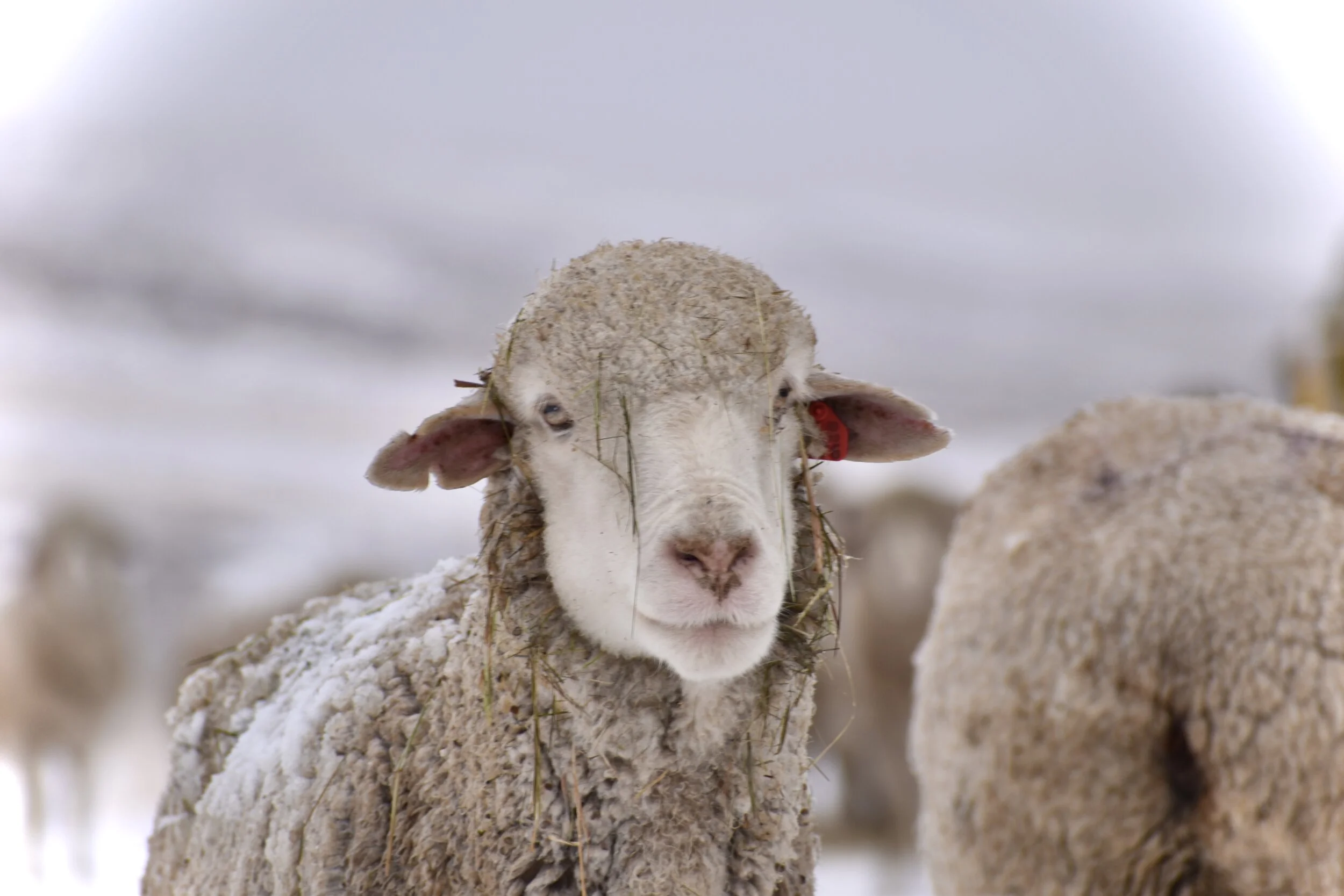Scrapie is a transmissible spongiform encephalopathy (TSE) affecting sheep and goats. The presence of classical scrapie in the U.S. sheep and goat population affects industry economically through production losses, lost exports, and increased production and disposal costs. Public health concerns related to the transmission of bovine spongiform encephalopathy (BSE) to humans have resulted in efforts to eradicate all TSEs in food-producing animals.
Clinical signs of classical scrapie typically appear between 2 to 5 years after infection; therefore, infected animals rarely show clinical signs of infection before the age of 2 years, with the average age of clinical onset being 3-4 years. Due to damage to the nervous system, affected animals often show behavior changes, such as nervousness or aggression, intense rubbing, and locomotor incoordination that progresses to recumbency and death. To learn more about how to identify scrapie click here.
SCRAPIE ERADICATION PROGRAM
Surveillance for scrapie in the United States is conducted through the National Scrapie Eradication Program (NSEP), a cooperative State-Federal-industry program. The surveillance components of the NSEP include:
Regulatory Scrapie Slaughter Surveillance (RSSS);
Non-slaughter surveillance (e.g., trace investigations, on-farm testing); and
The Scrapie Free Flock Certification Program (SFCP).
The program’s goals are to eradicate classical scrapie from the United States and to meet World Organization for Animal Health (OIE) criteria for disease freedom. Since 2002, the prevalence of scrapie has decreased significantly through existing eradication efforts, largely a result of effective slaughter surveillance.
INFORMATION ON ORDERING OFFICIAL SHEEP & GOAT EAR TAGS:
APHIS will provide up to 80 plastic flock ID tags, free-of-charge, to producers who have not gotten free tags from USDA in the past. APHIS will discontinue the availability of no-cost metal tags for producers.
Dealers and markets may continue to receive metal serial tags at no cost.
The no-cost metal tags previously provided to producers will be phased out in summer 2019, when the currently obligated funding is expended. During the phase out, APHIS will continue to provide, upon request, up to 100 serial metal tags free of charge to producers (either regular orange metal serial tags or blue slaughter-only metal serial tags) who haven’t received APHIS-provided tags within the previous 24 months.
Flock ID tag numbers are the producer’s flock ID assigned by APHIS or the State and an individual animal number. Metal serial tag numbers have the state postal abbreviation, 2 letters and 4 numbers.
Call 1-866-USDA-TAG (866-873-2824) to be connected to your USDA Veterinary Services Office or State Office Veterinarian and request that a premises identification number and Flock ID be assigned to your flock.
Producers and others who handle sheep or goats in commerce who need additional tags or want a different type or color of tag may purchase official plastic, metal or radio-frequency identification (RFID) tags directly from approved tag manufactures. A flock or Premises ID is required to order tags from these sources. A National Premises ID is also required to purchase official 840 RFID tags or implantable devices.
For those that use the APHIS-provided tags, please note that you will need to purchase a compatible applicator. The 505S applicator for the official metal tags is available for purchase from the National Band and Tag Company at 859-261-2035. The “Allflex Universal Tagger” for application of the plastic tags provided by APHIS is available for purchase from multiple sources including directly from Allflex at 833-727-2743.
If you would prefer to purchase a different kind of eartag or device, contact one of the approved tag companies listed here to purchase the eartags or device and applicator. Approved eartag companies offer a wider range of colors, styles and devices.These eartags and devices are approved for the official identification of sheep and goats in interstate commerce. There are restrictions on the use of implantable devices.
Photo credit Banner: Tanner Isaacs
